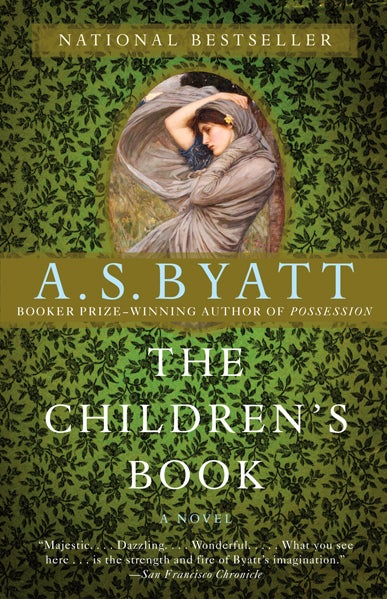Posted by Cobalt | Posted in fairy tales, fantasy, YA | Posted on 3:24 PM

Rating: 4 out of 5 stars.
The second in Marr's dark faery tales, this novel centers around Leslie, a damaged girl who finds herself pursued by yet another faery monarch -- unlike the callous-but-shiny Summer King, however, Leslie has a more menacing suitor.
Well, not exactly suitor. You see, faeries regard mortals as instruments or playthings, to be used and then discarded -- so if you're expecting a story of True Love Converts Evil To Mushy Lovemuffin, think again.
Leslie has suffered horrific trauma at the hands of her own brother, who became mixed up in drug dealers and used her to pay off a debt. Now she is haunted by nightmares and a constant boiling panic; more than anything, she wants to be free of the terror -- she doesn't want to feel anything at all. When she sees the tattoo design in Rabbit's parlor, it calls to her, promising safety from all of her feelings, offering power and control.
She wants it. She's going to get it, etched deep into her skin, a part of her forever.
But she has no idea that Irial, the Dark Faery King, has very specific plans for that tattoo, and the girl who wears it. Plans that will likely lead to her destruction. But another faery, Niall, has suddenly taken notice of Leslie, and finds himself inexplicably driven to protect her - despite his own ugly past.
This was an enjoyable read, and quite surprising in many places -- several times, I thought it was going along one love-triangle route, but the characters kept surprising me. In part, I think this was because the romance element wasn't really driving the plot. Instead, this book was really about self-determination and how the choices we make shape not only our futures but ourselves. You can never go back to who you once were, and each of the characters make choices that are as much about themselves as they are about being - or not being - with others.
It was quite refreshing, actually, after all of the Edward-obsessed-Bella clones that have been running riot through the genre, more concerned about how the boy feels about her than her own sense of self (let alone self-preservation).
And there is a nice element of menace in this series, with ample evidence that these are the nasty, old-school faeries. If Twilight made vampires cuddly, Marr reminds us that her faeries are foreign, compelling, seductive, and above all dangerous.
So kudos! I'd be interested in picking up the third in this series, to follow this intriguing cast of characters some more.


